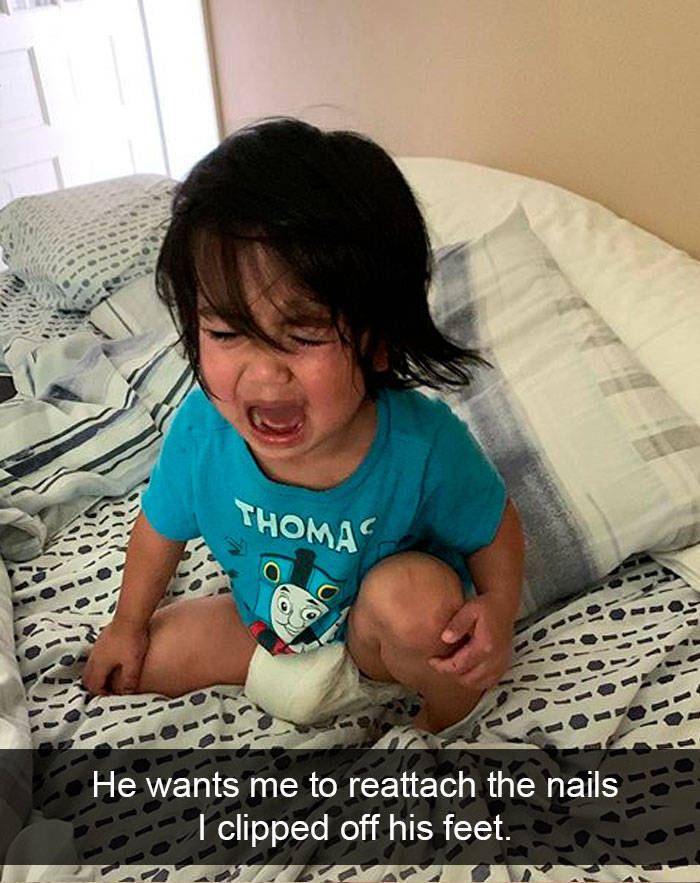

In addition, teenage crying can be a sign of bipolar disorder, which encompasses extreme highs and lows. Shedding tears can be a way to release the overwhelming feelings of worry and dread that often accompany anxiety. If this is the case, a teen will typically exhibit other signs of depression as well, such as problems with sleep, social withdrawal, lethargy, self-harm, and/or suicidal thoughts.Ī crying teenager could also be suffering from an anxiety disorder. The ongoing feelings of sadness and worthlessness associated with depression can prompt frequent crying spells with no single, identifiable cause. Excessive crying in a teenager may indicate they are struggling with an underlying issue, such as adolescent depression. But that doesn’t mean parents can ignore a teenager crying all the time. Neurobiology, in addition to the many inner and outer changes adolescents are going through, helps to explain teenage crying. Does a Teenager Crying All the Time Mean They’re Depressed? Meanwhile, the frontal cortex-the rational and calming part of the brain- isn’t fully mature in adolescents. Research shows that the parts of the brain connected to emotion (the limbic system) react more strongly in teens than in either children or older adults. This is particularly true during early adolescence, when teens experience higher rates of mood variability between happiness, sadness, and anger. Moreover, many teens haven’t yet developed the emotional regulation skills that support them to cope with what they’re feeling. According to Tim Elmore, author of Generation iY: Secrets to Connecting with Today’s Teens & Young Adults in the Digital Age, disappointment, fear, and feelings of inadequacy are three of the biggest reasons why kids and teens cry.
Crying for no reason how to#
Kids that cry all the time often haven’t yet learned to channel their emotions into words or how to think rationally about an emotional situation.īut what makes a teenager cry? There are numerous reasons for a teenager crying: losing a game, doing badly on a test, having an unrequited crush, fighting with parents, feeling alienated from peers, worrying about what’s going on in the world, or simply releasing the everyday stress of being a teen. Why does a child cry all the time? For young children, crying is a way to express frustration, release emotional energy, and seek comfort. Let’s look at some of the reasons for a teenager crying all the time.


Consequently, “Why does my teenage daughter cry for no reason?” is another question therapists often field. And they may be unwilling to talk about it, or may not even understand themselves what’s triggering the tears. In fact, if teens don’t allow themselves to cry, they may instead express their emotions through anger and aggression, internalize them as self-judgment and self-criticism, or numb them with substance abuse or disordered eating.īut sometimes there’s no obvious catalyst for a teenager crying. Teens crying about the hard things they go through is natural and healthy. “My teenage daughter cries every night” is a common concern parents bring to mental health professionals. Is It Normal for a Teenager to Cry Every Day?Ī teenage son crying frequently or a teenage daughter crying all the time can be confusing for parents. But just because a parent doesn’t see their teenage son crying doesn’t mean they’re not experiencing sadness, loneliness, or other painful emotions. However, a teenager crying all the time, for no apparent reason, may be experiencing an underlying mental health disorder.īecause of harmful societal expectations about how boys and men should behave, teen girls often feel more comfortable than boys expressing their emotions through crying. Teenage crying isn’t necessarily a warning sign. And crying can help a teen process and move through those emotions. For teens, everything feels more intense, whether it’s good or bad.


 0 kommentar(er)
0 kommentar(er)
